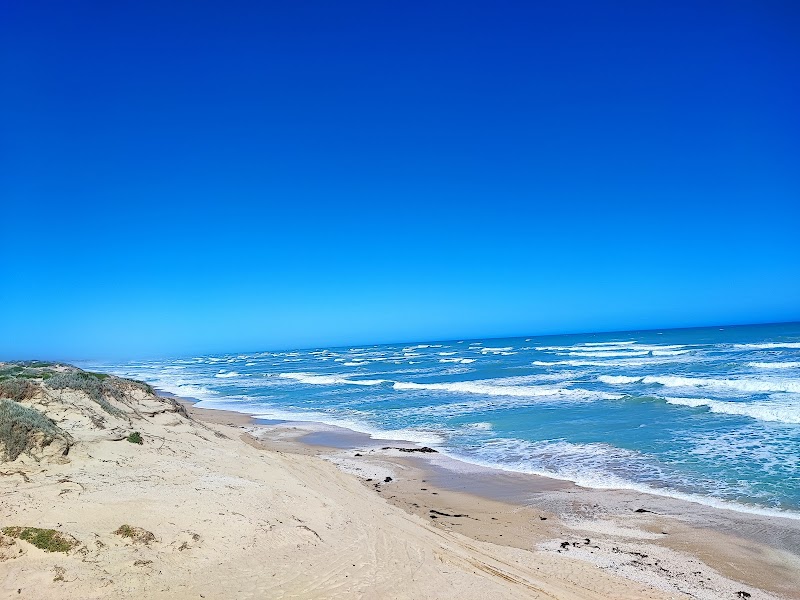
Coorong National Park Adventures
Coorong National Park in South Australia is a vast coastal wetland acclaimed for its rich birdlife, expansive lagoons, and culturally significant landscapes that offer diverse opportunities for bushwalking, fishing, and wildlife observation.
About Coorong National Park

Coorong National Park stretches along 130 kilometers of South Australia’s southeast coastline, encompassing a unique system of lagoons, sand dunes, and wetlands. It forms part of the Coorong and Lakes Alexandrina and Albert Wetland Ramsar Site, an internationally recognized wetland area. The park is home to a diverse range of flora and fauna, particularly known for its significant populations of migratory shorebirds, including species protected under various international treaties. The landscape features long sandy beaches on the Southern Ocean side and a series of narrow lagoons sheltered by sand dunes, creating a dynamic habitat for fish, waterbirds, and native vegetation. The park is culturally significant to the Ngarrindjeri people, who have inhabited the region for thousands of years, maintaining spiritual and practical connections with the land and waters. Visitors can enjoy activities such as birdwatching, fishing, boating, camping, and hiking along marked trails. Notable landmarks include the Salt Creek area, renowned for bird hides, and the lagoon systems ideal for canoeing and kayaking. The park’s remote and peaceful environment appeals to nature lovers and photographers, offering a chance to experience wilderness and Aboriginal cultural heritage in a protected natural setting.
Highlights
Salt Creek bird hides providing exceptional birdwatching views
Extensive lagoon and wetland system supporting rare and migratory bird species
Traditional Ngarrindjeri cultural sites scattered throughout the park
Remote beaches and sand dune formations ideal for photography and solitude
Notable Natural Features
Coorong lagoons
A series of long, narrow lagoons protected by sand dunes, providing critical habitat for waterbirds and fish.
Salt Creek
A popular visitor spot with bird hides and facilities, ideal for observing the diverse avian population.
Ngarrindjeri Cultural Heritage
Sites throughout the park reflect the deep cultural connections and traditions of the Indigenous Ngarrindjeri people.
